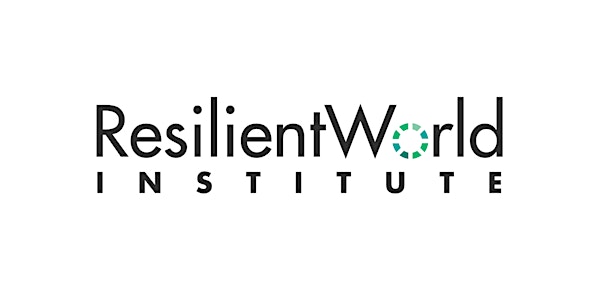Class Schedule: Every Wednesday, May 8 - June 12, 2024, 11:00 am - 2:00 pm
In the 1st part of 18-hour training course (https://www.acfda.org/docs/Program2023_3days.pdf), the basic concepts of Computational Fluid Dynamics (CFD) will be studied. General-purpose CFD software, PHOENICS /FLAIR, developed by CHAM Ltd. (www.cham.co.uk) and distributed by ACFDA (www.acfda.org ), CHAM’s Agency since 1998, will be used for studying the CFD basics and having hands-on modeling experience. A combination of lectures & workshops will be applied to develop and employ the skills required for performing a standard CFD simulation, i.e. input data preparation, selection of physical models and boundary conditions, geometry and grid implementation, specifying the numerical settings and controlling the convergence of iterations, post-processing and analyzing the results and making practical recommendations. Training documentation available on the websites of ACFDA and CHAM will be used and a free 2-month PHOENICS software license will be provided to attendees.
In the 2nd part of the course, we consider some of the following real-life environmental and cleantech CFD applications.
1. CFD analysis of indoor air quality & virus transmission in a typical dental clinic to develop proper mitigation measures (https://www.acfda.org/results/Aerosol_Dental1.pdf, www.acfda.org, https://www.linkedin.com/feed/update/urn:li:activity:7157042923778281473/ );
2. Simulation of two-phase plume dispersion from industrial stacks to predict potential deposition of pollutants and propose safety and health measures (https://www.acfda.org/docs/Paper_ICONE22-30010_Agranat_et_al.pdf , https://www.acfda.org/results/2014_ASSE-MEC_CFD.pdf );
3. Wildfire propagation modeling to suggest effective protective actions (https://www.acfda.org/results/Agranat_Perminov_EMS_2020.pdf , www.acfda.org );
4. Simulation of gas-liquid flows and heat transfer in electrolysis cells to recommend the optimal & safe design options (https://www.acfda.org/docs/ASME2006-98355.pdf).
After the course completion, trainees will better realize the important benefits of performing the CFD analyses for various environmental and cleantech applications and become more prepared for using CFD for solving the challenging problems linked to climate change, green energy and environmental concerns.
Trainer: Dr Vladimir Agranat (vlad@acfda.org ) www.rwinstitute.ca/vladimir_agranat
For more information about this course please visit: www.RWInstitute.ca/e108
For more information about Resilient World Institute please contact:
Leon Wasser, MBA, P.Eng., Director, School of Energy, Resilient World Institute
Leon@RWInstitute.ca, (416) 473-4614 www.RWInstitute.ca/energy
